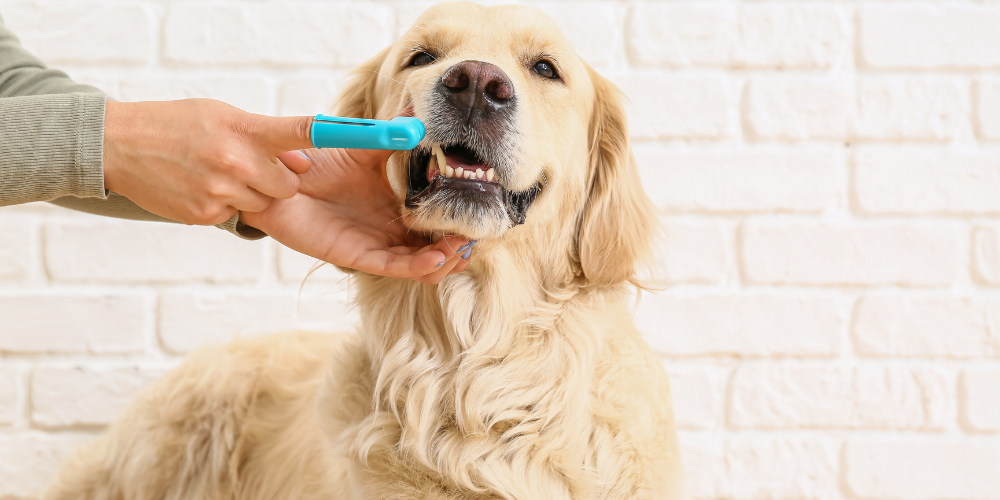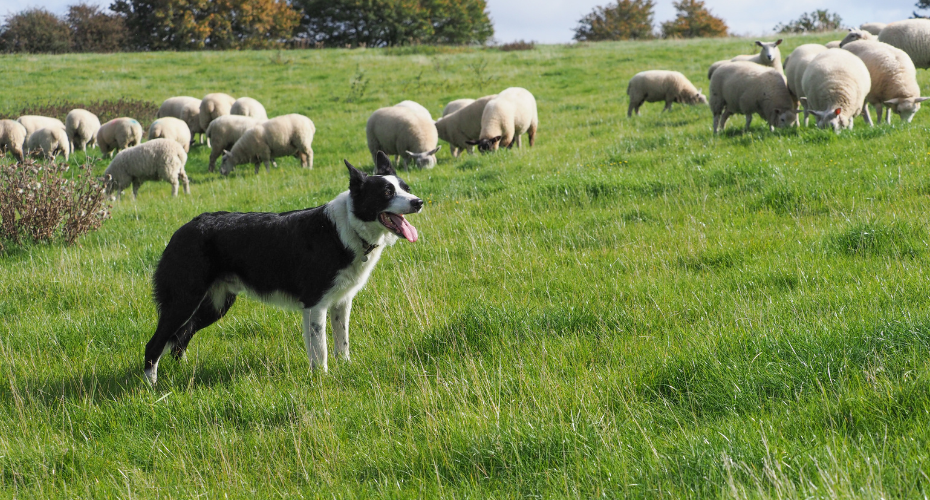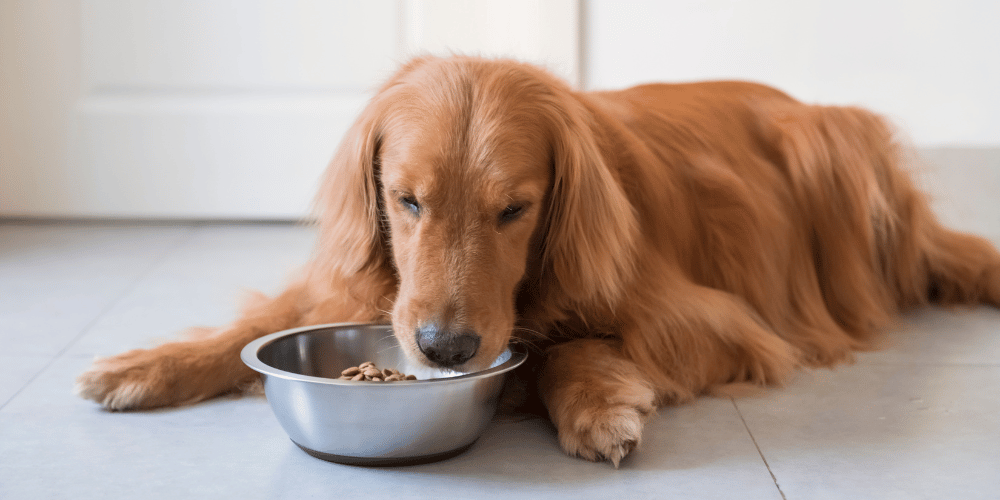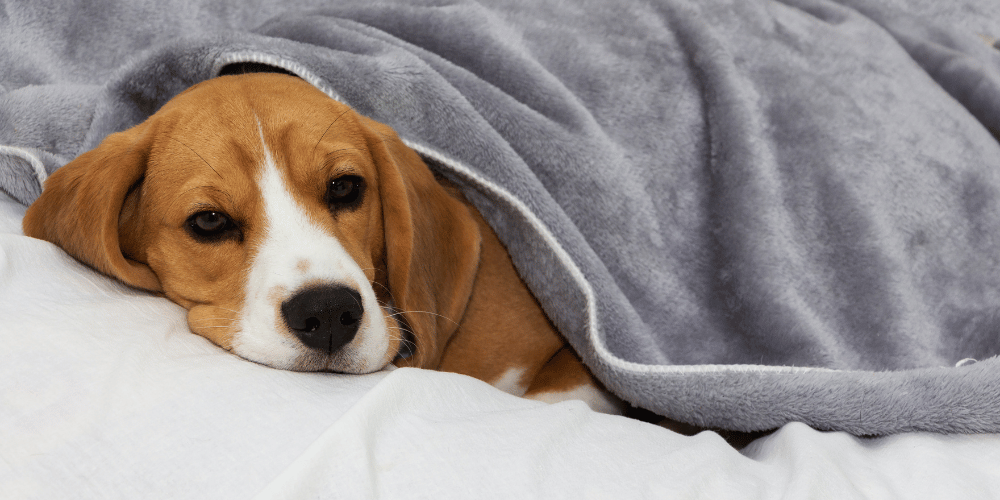
Hold your noses, pet parents, because we're about to embark on an exploration of doggy halitosis! If your cuddly companion's breath is a bit of a stinker, keep reading. We're here to spill the beans on the causes of bad breath in dogs, the potential health risks that it may imply, and how to combat this dogged issue.
Causes of Bad Breath: The Nitty-Gritty
Canine Dental Disease and Less-than-Stellar Oral Care
Oral hygiene is no joke, even for our four-legged friends. One of the leading causes of smelly doggy kisses is poor oral hygiene. Dental disease, aka periodontal disease, takes root when plaque accumulates on the teeth, causing inflammation around the gums and teeth. Left unchecked, this sticky combo of bacteria, food, and saliva solidifies into tartar, a brown-yellowish substance that's the nemesis of fresh breath.
Signs of periodontal disease can range from halitosis resulting from bacteria buildup, to inflamed or bleeding gums. More advanced stages of the disease might present as difficulty chewing, food falling out of the mouth, broken or missing teeth, face swelling, excessive drooling, or even behavioral changes like a decreased interest in chew toys.
The Culprits: Unhealthy Diet and Food Allergies
Another reason why your dog's breath might smell like they've been dumpster-diving is if they've been eating things they shouldn't – like garbage or feces! Food allergies can also play a stinky role.
Halitosis: More Than Just Bad Breath?
Your dog's breath can act as a billboard advertising potential health issues.
If you catch a whiff of a fruity or sweet scent, it might indicate that your dog has diabetes. Instead of sugar being converted to energy, the body starts burning fat, which can lead to a process known as ketoacidosis. This process gives off a smell that can be akin to acetone, nail polish remover, or a sweet scent.
If your dog's breath smells fishy or like urine, it might point to chronic kidney disease (CKD). If this less-than-pleasant aroma is coupled with symptoms such as excessive drinking, frequent urination, lethargy, or loss of appetite, it's time to hustle to the vet. Both diabetes and CKD are serious conditions that need to be diagnosed and managed by a vet.
The Fight Against Bad Breath
A Visit to the Vet: Your First Line of Defense
The first stop on your quest for fresher breath should be your vet's office. They can rule out any underlying health issues and give your dog's teeth a thorough once-over. Based on their evaluation, they'll suggest the most appropriate treatment for your dog.
Good Oral Hygiene: Not Just for Humans!
Here's a fun fact: you can – and should – brush your dog's teeth!
Incorporating a teeth-brushing routine into your dog's daily activities might seem daunting at first. Start slow by getting them comfortable with you touching their mouth. Gradually introduce a pet toothbrush and pet toothpaste, picking a quiet time of day for these new brushing adventures.
Dental Toys: Fun and Functional
Who knew fighting bad breath could be so fun? Dental toys like the Kong Rope Toy are designed to massage your dog's gums and clean their teeth while they chew, turning playtime into plaque-fighting time.
Dental Food and Treats: Yummy and Healthy
Specially designed treats and food can help cut down plaque buildup. Some popular brands that offer such products include:
Dental Dog Food
- Royal Canin Veterinary Diet Dog Dental
- Hill’s Science Diet Dog Adult Oral Care
- Hill’s Prescription Diet Dog T/D Dental Care
Dental Treats
Hydration Station: The Power of Water Additives
Think of water additives as the secret sauce in the battle against bad breath. Products like Aquadent Fr3sh, when added to your pet's water, make an easy yet effective plaque-fighting strategy.
Nipping Bad Habits in the Bud: The Key to Fresh Breath
Is your dog a stealthy trash raider or a feline feces fanatic? You can use pet-proof bins to keep curious noses out of places they shouldn't be and clean up any stray rubbish ASAP. If your cat's litter box is being treated like an all-you-can-eat buffet, clean up the mess immediately. Better yet, keep the litter tray in a separate room, or consider a covered litter box for some added privacy and to keep out unwanted guests.
And there you have it - your go-to guide for tackling doggy halitosis. Remember, bad breath doesn't just put a damper on your snuggle sessions; it can also be a sign of underlying health issues. With these tips and tricks, you're well-equipped to keep your furry friend's breath fresh and their health in top-notch condition.


